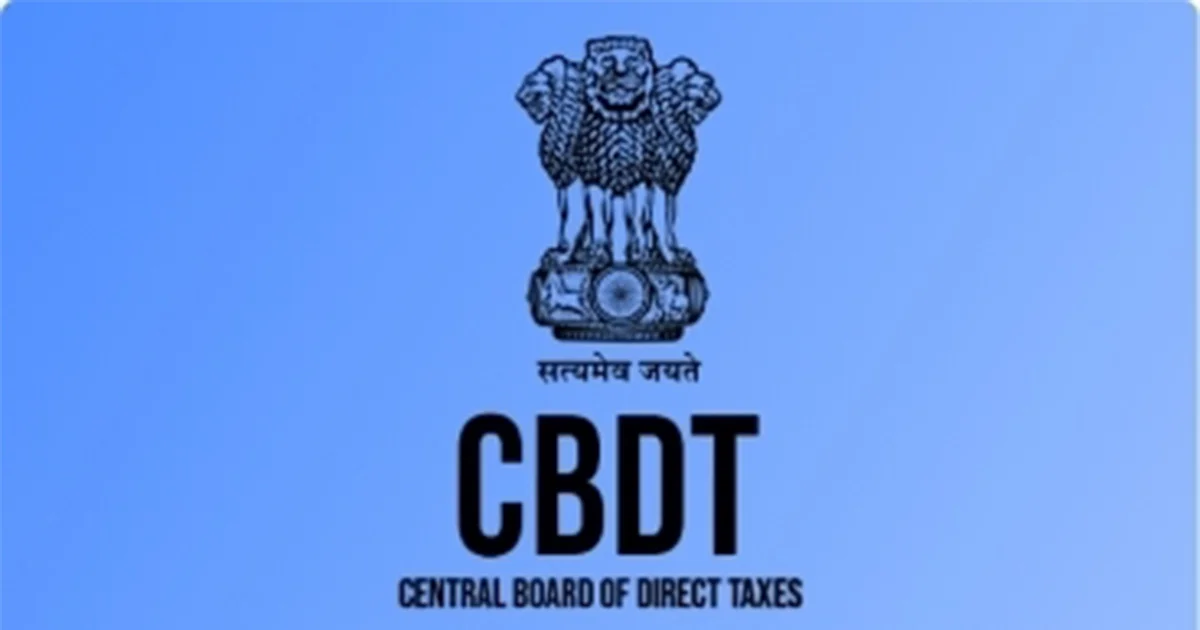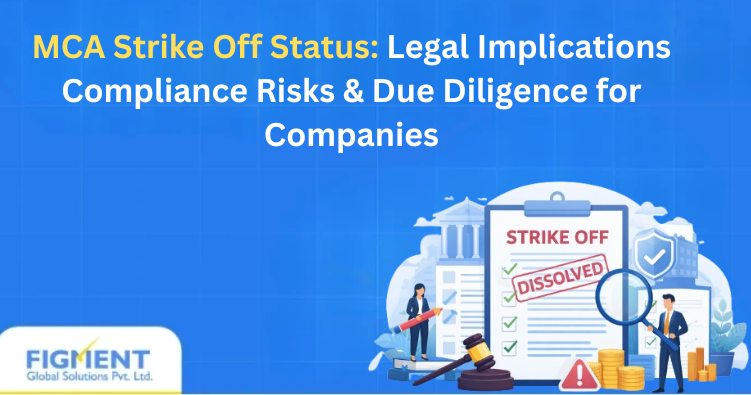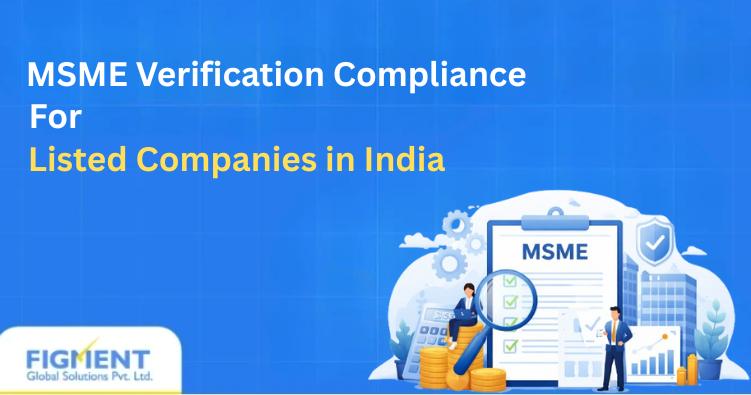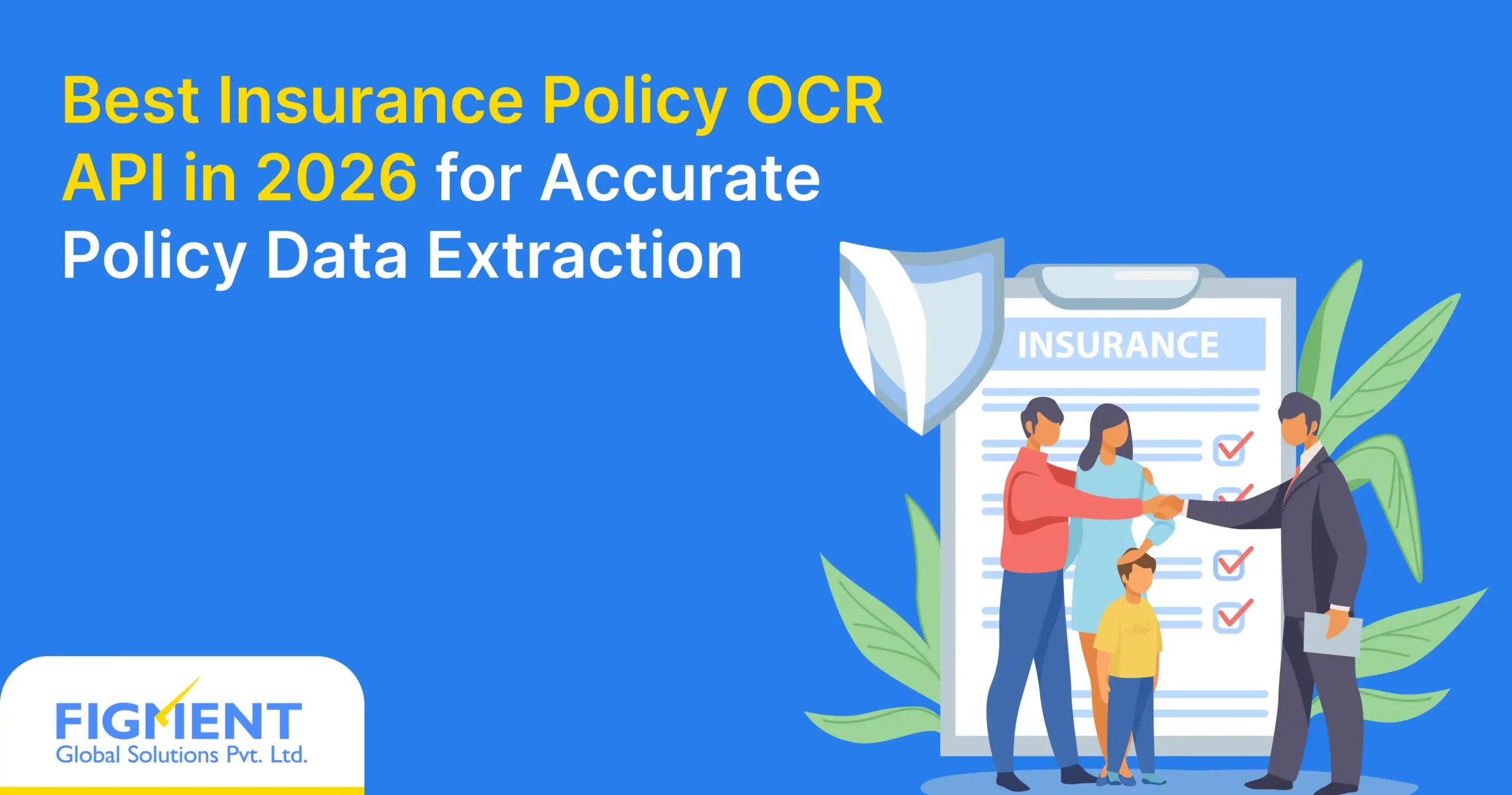According to the latest guidelines, it is not necessary for the payer/deductor to check the taxability of the sum in the hands of the payee before deducting TDS by clearly distinguishing the principles governing TDS under Section 195 from the TDS under Section 194R.
The Central Board of Direct Taxes (CBDT) on Thursday,17th June 2022 issued guidelines seeking to address likely issues emanating from the application of the newly introduced section 194R of the Income Tax Act for withholding 10% tax (TDS) on benefits or perquisites from non-salary sources.
The New Provision Part Of The Finance Act 2022 Will Become Effective From July 1.
According to the guidelines, it is not necessary for the payer/deductor to check the taxability of the sum in the hands of the payee before deducting TDS by clearly distinguishing the principles governing TDS under Section 195 from the TDS under Section 194R.
It is made clear that the benefit or perquisite covered under Section 194R can be either in cash or in kind or partly in cash and partly in kind. The nature of the asset given as a benefit or perquisite is not relevant and even capital assets given as a benefit or perquisite are covered within the scope of Section 194R. CBDT categorically uses the phrase ‘of whatever nature on benefit or perquisite for fastening TDS liability on the payer.
However, CBDT has provided a breather on sales discounts, cash discounts, and rebates allowed to customers by excluding them. From the purview of Section 194R as their inclusion would put the seller into difficulties. Section 194R will apply to sellers giving incentives, other than discounts or rebates. Which are in cash or kind e.g, car, TV, computers, gold coin, mobile phone, sponsored trips, and free tickets. And medicine samples to medical practitioners.
“The Central Board of Direct Taxes (CBDT) has issued guidelines well in time considering. The section is effective from 1 July and provides clarity on multiple essential fronts. Certain aspects, particularly the applicability of TDS on reimbursement of OPEs. Benefits provided in cases of the recipient not engaged in business or profession, etc. Could result in many practical issues which taxpayers should carefully deal with,” said CA. Himanshu Chordia, Director- TaxCPC Figment Global Solutions.







